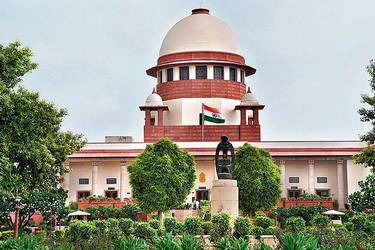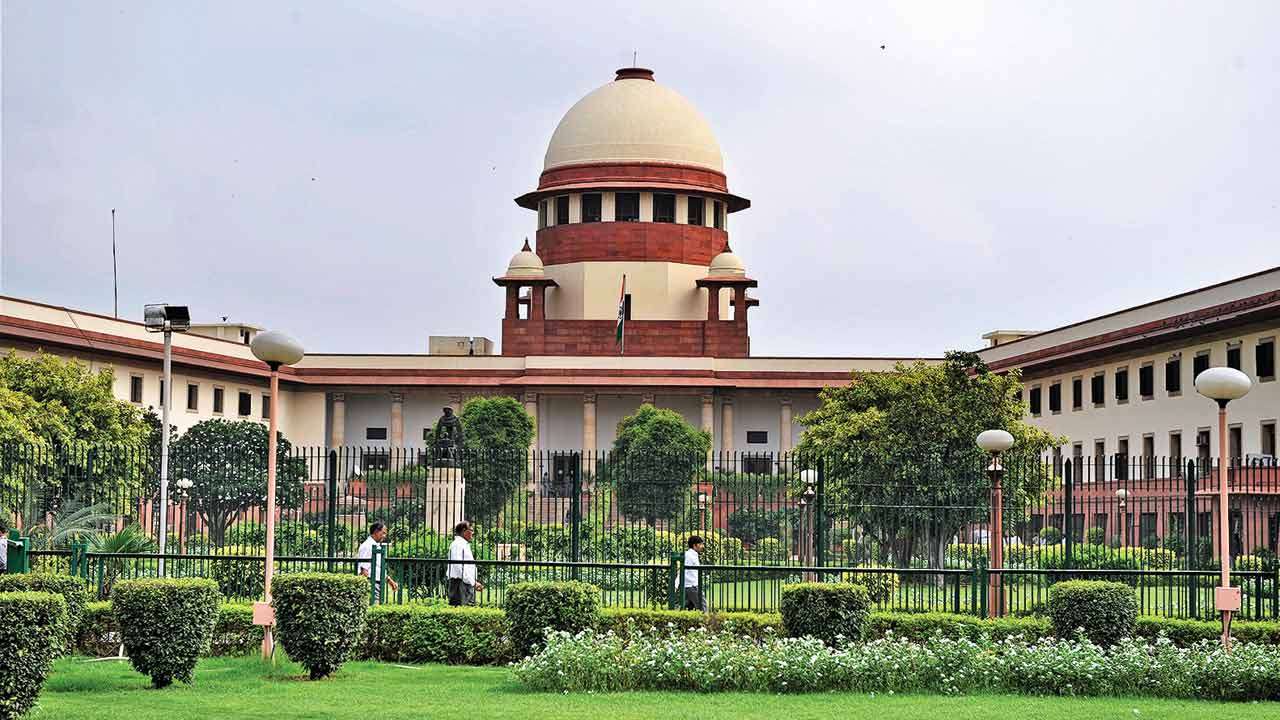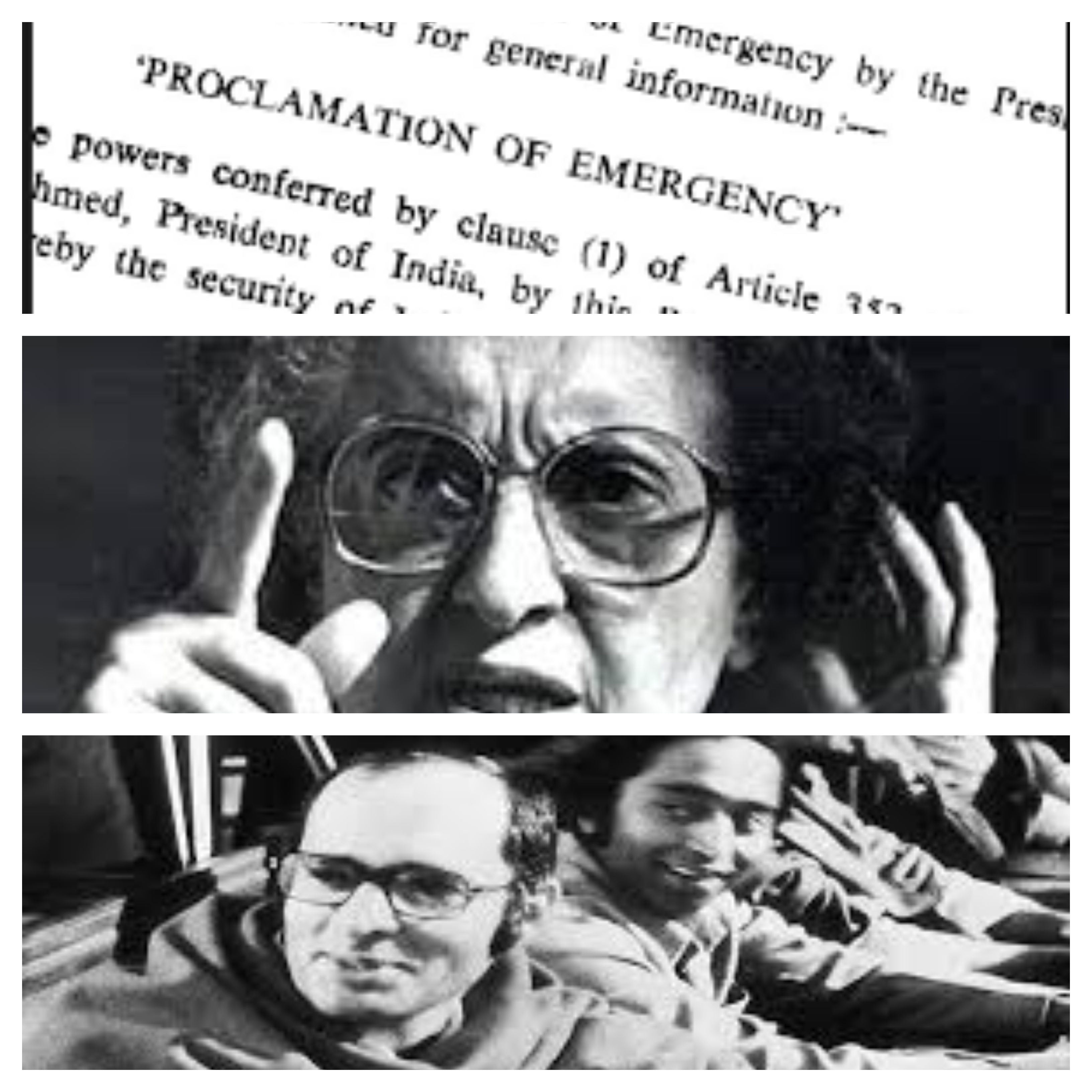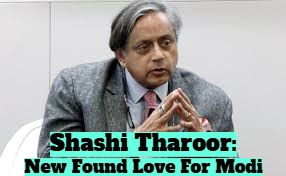

By Sunil Garodia
First publised on 2021-07-15 14:10:03
The inconsistency in the judicial thinking about what consists of the domain of the executive and when can it be considered that the courts are overstepping came into sharp focus on Wednesday, 14th of July when in two major decisions, two different apex court benches made observations that could be termed contradictory. Both the cases related to decisions, or lack of them, taken by the UP government.
In the first case, a bench of justices R K Nariman and B R Gavai took suo motu cognisance of newspaper reports that the UP government had allowed kanwar yatra and issued notices to the Centre and the state asking how such a decision could be taken in the time of the pandemic. They asked for a reply in 48 hours, fixing the next hearing on Friday, the 16th of July.
In the other case, a bench of justices Vineet Saran and Dinesh Maheshwari, hearing a plea by the UP government against the directions issued by the Allahabad HC on the management of the pandemic in the state and passed adverse observations against the state government, said that while the intention of the court could not be questioned, it should have respected the demarcation of domains and wondered "whether interference was at all needed during the period of crisis which should be left to be handled by government and experts".
Earlier this year, the Supreme Court had intervened suo motu when the old vaccination policy which mandated that the states had to purchase vaccines on their won and free vaccines would be administered only to those above 45 years of age was found to have created a vaccine crisis and said that it was "prima facie arbitrary and irrational". Rejecting the government's view that "any overzealous judicial intervention" may lead to unintentional circumstances, the court wanted the Centre to explain the roadmap for vaccinating all by December and how it proposed to spend the Rs 35000cr earmarked for vaccination. The bench had then told solicitor general Tushar Mehta that "we are aware that we don't have time to enter the realm of policy-making but your policy has to be logical and reasonable."
The two decision/observations mentioned above and the apex court's suo motu intervention in the vaccine policy matter proves that the demarcation between the executive and the judicial domain is getting increasingly blurred. While it true that the courts are the only defence a citizen has against executive overreach, it is also true that if executive orders are within the law, the courts normally should not interfere. The "realm of policy-making" should ideally be left to the executive. But then, as the Supreme Court has observed, can the courts remain silent spectators when a policy is blatantly irrational and impacts a huge number of citizens?











